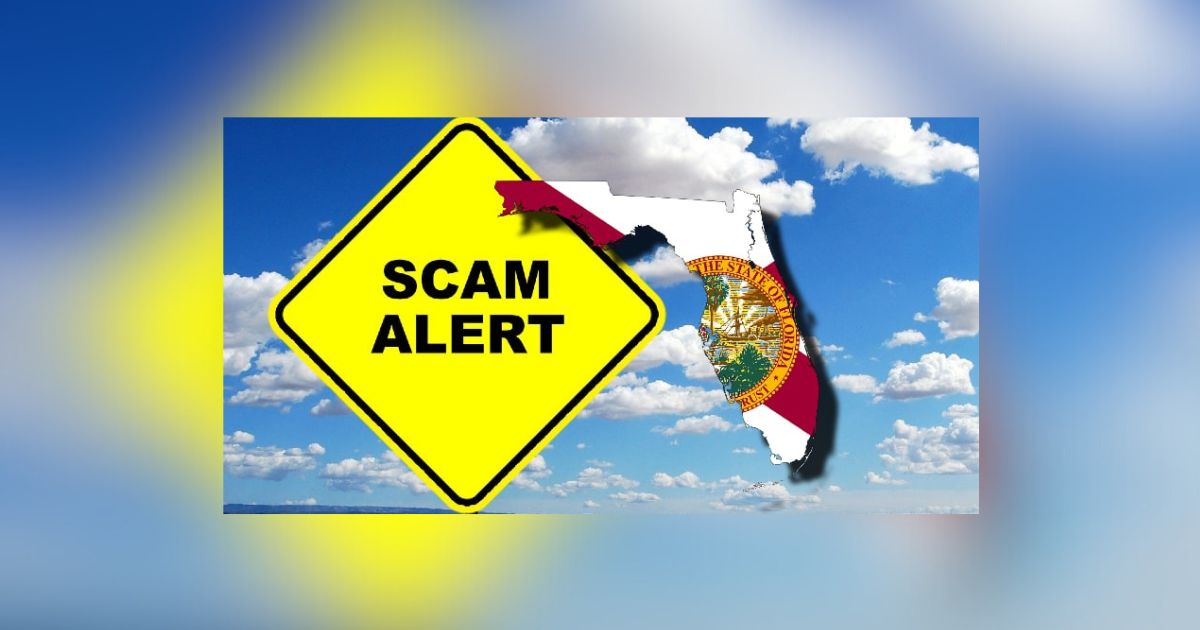A new report from the FBI shows that seniors lost $4.8 billion to scammers in 2024. Florida, home to almost 5 million seniors, ranked third in the nation for the number of complaints and total losses per victim.
Utility scams are on the rise. These involve people impersonating legitimate utility company representatives to steal money or personal information. These scams often involve urgent threats of service disconnection if payment is not made immediately, or they may use deceptive tactics like offering fake energy efficiency audits or inspecting for a gas leak.
How Utility Scams Work:
Scammers will call or appear at your door, claiming you have an overdue bill and threatening to disconnect your service (power, gas, water) if you don’t pay immediately.
Scammers may send fake emails that look like legitimate utility bills, trying to trick you into clicking on malicious links or providing your information.
“Slamming” Scams involve someone offering a better energy rate and then switching your service to a different supplier without your knowledge.
Overpayment scams involve a scammer claiming you overpaid and asking for bank or credit card information to issue a refund.
Florida Power and Light Company (FPL) says it constantly notifies its customers and gives them tips for avoiding common utility scams.
FPL offers several tips on what to look for.
Avoid online search for phone numbers. To contact FPL, call the number on your bill.
Don’t trust caller ID. Scammers can manipulate the name to appear to be FPL.
Hang up on suspicious callers. FPL will never demand immediate payment, ask customers to pay through Zelle or gift card or threaten immediate disconnection.
Delete suspicious texts or emails asking for payment or personal information.
Shut the door and call the police if a visitor without FPL identification tries to collect payment or aggressively sells you any products.
If a customer suspects a scam has targeted them, they are advised to report it to FPL and local law enforcement immediately. In case of phone or digital scams, customers should also file a complaint with the Federal Trade Commission (FTC) and Florida’s state consumer protection agency.



















